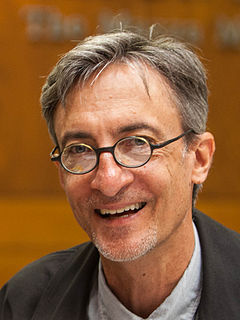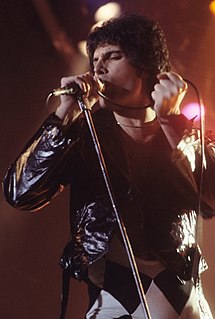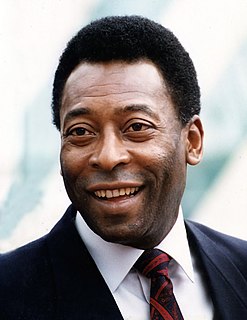A Quote by Chris Raschka
To learn to ride a bicycle, as with the other great noble human inventions, is a hugely complex activity. Generally, it requires three things: the learner, the teacher and the bicycle, all in the same place at the same time, most often outside someplace.
Related Quotes
To ride a bicycle is in itself some protection against superstitious fears, since the bicycle is the product of pure reason applied to motion. Geometry at the service of man! Give me two spheres and a straight line and I will show you how far I can take them. Voltaire himself might have invented the bicycle, since it contributes so much to man’s welfare and nothing at all to his bane. Beneficial to the health, it emits no harmful fumes and permits only the most decorous speeds. How can a bicycle ever be an implement of harm?
Consider a man riding a bicycle. Whoever he is, we can say three things about him. We know he got on the bicycle and started to move. We know that at some point he will stop and get off. Most important of all, we know that if at any point between the beginning and the end of his journey he stops moving and does not get off the bicycle he will fall off it. That is a metaphor for the journey through life of any living thing, and I think of any society of living things.
The question the doubter does not ask is whether faith was really useless or simply not used. What would you think of a boy who gave up learning to ride a bicycle, complaining that he hurt himself because his bicycle stopped moving so he had no choice but to fall off? If he wanted to sit comfortably while remaining stationary, he should not have chosen a bicycle but a chair. Similarly faith must be put to use, or it will become useless.
For one thing, there are many "inventions" that are not patentable. The "inventor" of the supermarket, for example, conferred great benefits on his fellowmen for which he could not charge them. Insofar as the same kind of ability is required for the one kind of invention as for the other, the existence of patents tends to divert activity to patentable inventions.







































